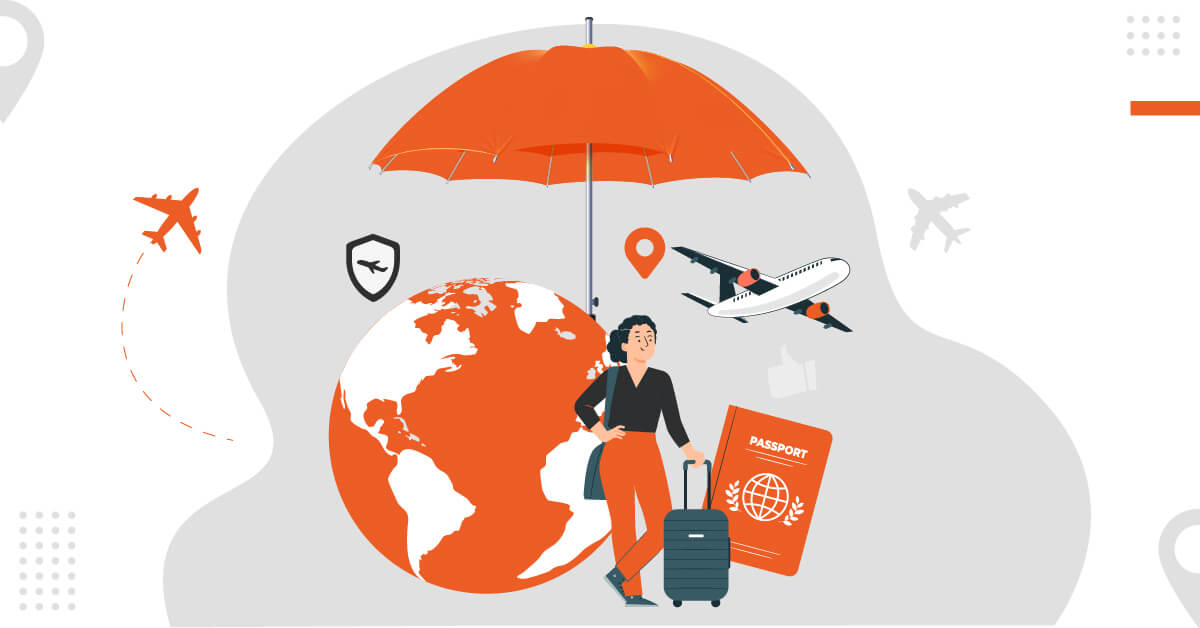Search This Blog
We are attempting to raise awareness about various medical value travel options in order for everyone to receive inexpensive medical care on time.
Featured
- Get link
- X
- Other Apps
Understanding the Cost Factors of Medical Value Travel: How to Budget Wisely
Embarking on a journey for medical treatment abroad, often referred to as medical value travel, can be a life-changing decision. Beyond the medical considerations, understanding the financial aspects is crucial to ensure a smooth and stress-free experience. In this comprehensive guide, we'll break down the cost factors involved in medical value travel, including treatment costs, travel expenses, accommodation, and post-treatment care. Additionally, we'll offer valuable tips on budgeting and cost-saving strategies to help you plan your medical journey wisely.
1. Treatment Costs:
The primary cost consideration is, of course, the medical treatment itself. Different countries offer varying costs for medical procedures due to factors such as healthcare infrastructure, labor costs, and regulatory standards. Research thoroughly to understand the average costs of your specific treatment in different destinations. For instance, a complex surgery might be more affordable in one country compared to another.
2. Travel Expenses:
Travel costs encompass airfare, transportation within the destination country, and visa expenses. Depending on the distance, flight prices can vary significantly. Booking flights well in advance or during off-peak seasons can lead to substantial savings. Local transportation and travel insurance should also be factored in.
3. Accommodation:
Accommodation costs will depend on the duration of your stay and the location of the medical facility. Research different types of accommodations, from hotels to serviced apartments, and choose an option that balances comfort with cost-effectiveness. Some medical tourism agencies offer packages that include accommodation, simplifying the process.
4. Post-Treatment Care:
After the medical procedure, there might be a recovery period during which follow-up appointments and additional care are necessary. Factor in the cost of these post-treatment appointments, medications, and any potential complications that might arise.
5. Additional Costs:
Miscellaneous expenses can add up, including meals, communication (SIM cards or international calling), and incidental expenses. Having a cushion for unexpected costs is prudent.
Budgeting and Cost-Saving Strategies:
- Research Extensively: Compare treatment costs across multiple destinations and healthcare providers. This will give you an accurate estimate of what to expect.
- Consult with Experts: Partnering with medical tourism agencies like Shinon Global can help you navigate the cost landscape. They have insights into treatment costs, facilities, and can often negotiate better rates.
- Inquire About Package Deals: Some medical facilities offer package deals that include treatment, accommodation, transportation, and more. These packages might offer cost savings compared to arranging everything separately.
- Travel Off-Peak: Choosing off-peak travel seasons can result in lower airfare and accommodation costs.
- Consider Local Currency: Exchange rates can affect costs significantly. Monitor exchange rates and consider exchanging currency at favorable times.
- Health Insurance: Research whether your health insurance covers medical procedures abroad. If not, explore medical travel insurance options that provide coverage for potential complications.
- Plan Your Itinerary: Optimize your itinerary to include all necessary appointments in one trip, reducing travel costs in the long run.
- Quality vs. Cost: While cost is important, prioritize quality and safety. Choosing a reputable medical facility and experienced doctors might result in better outcomes.
In conclusion, understanding the cost breakdown of medical value travel is crucial for effective budgeting and a successful journey. Thorough research, planning, and considering various cost-saving strategies will ensure that you make informed decisions and maximize the benefits of medical value travel while managing your expenses effectively.
RECENT READS

Managing Diarrhea Post-Kidney Transplant: Effective Treatment
- Get link
- X
- Other Apps

Revolutionizing Eye Care: Shinon Global's Impact on Cornea Transplantation Worldwide
- Get link
- X
- Other Apps

Comments
Post a Comment